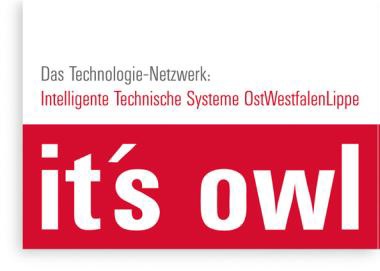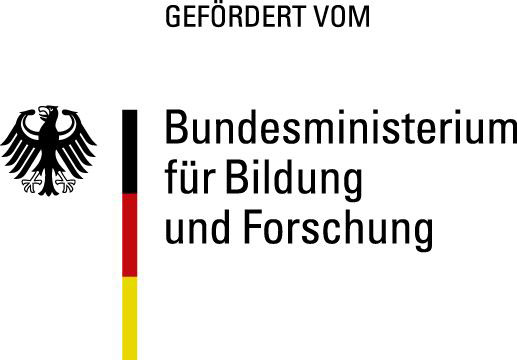AI for the working world of industrial SMEs
Artificial intelligence (AI) technology is associated with far-reaching potential and opportunities for transforming industrial value creation. However, AI is still perceived as a predominantly technical option. An understanding of AI in the labour context as a comprehensive socio-technical challenge has been established to some extent. To date, however, there has been a lack of holistic labour research in the context of AI that is close to SMEs and provides solutions and application knowledge. This discrepancy is being addressed in this project, which is based on a comprehensive approach to the topic by linking people - organisation - technology and a solution- and transfer-oriented focus in implementation. The goal is a regional competence centre "AI in the working world of industrial SMEs" (KIAM). It will act as a contact point for companies and all other players in the industrial working world.
Expertise management, employee participation and technology acceptance
Artificial intelligence will fundamentally change the world of work: AI systems support work processes, take over tasks and create new fields of work. The identification of possible applications and the development of concrete solutions pose challenges for small and medium-sized companies in particular, such as a lack of professionals or unclear organisational and technological requirements. The KIAM competence centre brings together findings from work research in this future field. Key topics include workplace design, skills development and change management. In lighthouse projects, research institutions and companies develop concrete solutions in which AI technologies are made available for various fields of application.
Transfer to the SME sector
The results and experiences from the lighthouse projects are to be made available to small and medium-sized enterprises. To this end, an information platform will be set up, good examples will be presented and events and workshops will be organised. Employees will be trained in the use of AI technologies in further training programmes. In transfer projects, companies can utilise new AI technologies in cooperation with a research institution in order to solve specific challenges in their company. Transfer partners of the competence centre, such as owl maschinenbau and OstWestfalenLippe GmbH, provide support.
Contribution of the Chair of Organisational Behavior
Our department is involved in the project in three main ways. Firstly, we are investigating how organisational design is changing through the use of AI-based solutions. Influences on organisational design and the effects of changes in organisational design are being examined in detail. In particular, we are focussing on the acceptance of AI-based solutions and the corporate culture, as well as investigating which measures and methods will make AI more transparent and comprehensible for employees.
We are also involved in a lighthouse project that aims to develop a user-centred, AI-based framework whose components form the basis for the development of AI-based scalable adaptive assistance services for various application scenarios in industrial production (e.g. system setup, system conversion, system malfunction, etc.). The aspects of user adaptivity, collaborative solution finding between humans and assistance services as well as the ability to further develop and learn the content of the overall system using artificial intelligence form the central cornerstones of the approach.
In addition, we are working on another lighthouse project to develop measures that enable the operational use of AI in sales, i.e. in the interface between employees and customers. The aim is to measure acceptance for the use of AI-supported support processes and to learn best practices for creating employee and customer acceptance. We are also investigating how employees can be empowered to help shape complex systems in a participatory manner without having to become experts in the technology themselves.



